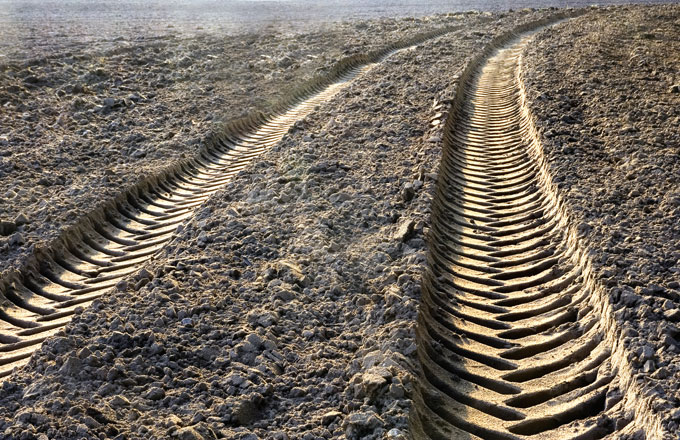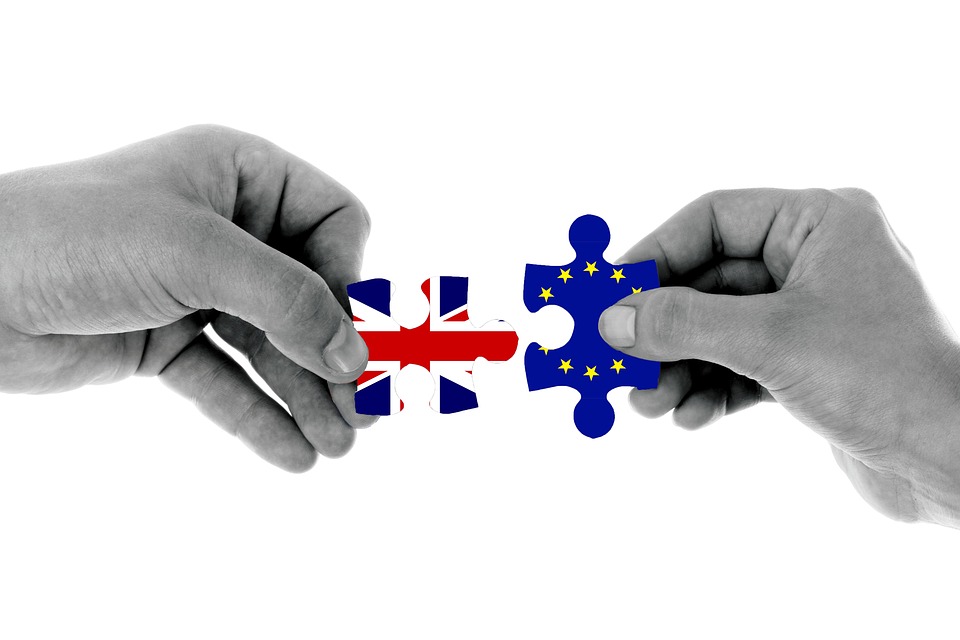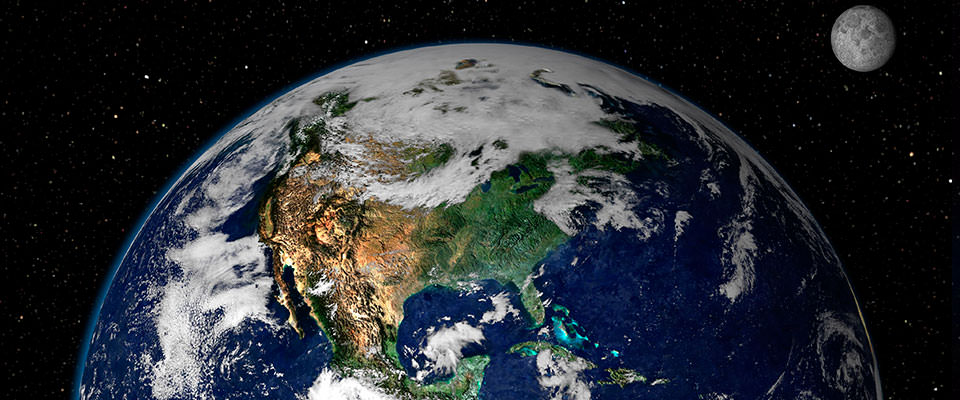The problem with farmed salmon

July 15th, 2019
Last month, a leading Cork restaurant made an unusual announcement that involved risking its revenue by boycotting a coveted food: smoked salmon.
“Last week we stopped serving smoked salmon after reading some horrific stories about this once revered mythical Irish fish,” the announcement read on Liberty Grill’s Facebook page.
The restaurant’s owner Denis O’Mullane says that he received lots of customer queries in the aftermath of posting the statement that described “the suffering” that Irish farmed salmon has to endure before being sold to upscale restaurants.
“Most of our customers were shocked, they didn’t know anything about all of that,” he told The Green News. O’Mullane refuses to engage in online debates on the issue apart from the “fact-checked” statement issued on Liberty Grill’s social media accounts.
“We just told people to check our Facebook and Instagram accounts, and have a look at the [statement] we put up there,” he says.
“I’m not trying to push an agenda here. I’ve double-checked all the data and figures, and they are all correct. But people should make up their own minds. We’re not here to dictate anything to anyone.”
O’Mullane first came across what he describes as “cruelty” within the salmon farming industry after deciding to switch the restaurant to organic salmon. His main objective, he says, was to serve something that was both healthy and ethically prepared and not merely “mass-manufactured for profit”.
During his research, O’Mullane found that farmed salmon is drugged with antibiotics and a variety of other chemicals and are often held in undesirable conditions.
Farm-raised for surging demand
Growing salmon on land is intended to give time and space to the populations of wild, swimming salmon to recover and flourish, while consumers chow down on their farmed counterparts.
Since the 1980s, demand for the consumption of salmon has continually soared, leading to the rapid growth of the salmon farming industry. In 2012, global aquaculture production surpassed worldwide production of beef.
Farming salmon has become standard practice as the population of wild Atlantic salmon have significantly diminished. Ireland’s seafood exports are worth around €645 million, with about 280 fish farms operating across the country.
The problem with farmed salmon
Last year, American ocean conservation group Oceana warned about the prevalent use of antibiotics in farm-raised salmon.
In Ireland, the issue remains controversial with reports purporting to show the presence of chemical residue in Irish farmed salmon. One chemical, in particular, is a source of significant concern: malachite green.
Malachite green is a chemical colourant and a reportedly potent carcinogen that is prohibited in most parts of the world. Artificial colours are sometimes used in the salmon farming industry to give the produced salmon a rosier glow.
Malachite green became a popular colourant in the aquaculture industry due to its low cost as well as its proven antimicrobial and anti-parasitic efficiency.
According to the Irish Marine Institute, the use of malachite green, growth promoters, a variety of pesticide as well as an excessive amount of antibiotics and sea lice treatment medications on farmed salmon is illegal.
Under a 1996 EU directive, the presence of even small traces of illegal dyes, including malachite in animal products can have legal consequences for growers. A 2011 report released by the Marine Institute concluded that there was no trace of malachite green in Irish farmed salmon.
However, documents released to Friends of the Irish Environment (FIE) under Freedom of Information (FOI) regulations contradicted the claim and show that malachite green was detected in laboratory tests on pre-harvest farmed salmon in 2011.
“If restaurants are being asked to list allergens, how much more important is it that negative testing results of chemical residues in farmed salmon offered for sale are made publicly available by the suppliers?” says Tony Lowes, the Director of FIE.
Overstocking Salmon
Earlier in April, the Minister for the Marine Michael Creed TD revoked the licence for a salmon farm in Co Kerry owned by MOWI Ireland, a subsidiary of the world’s largest salmon farming company.
Under the Fisheries Act of 1997, Mr Creed revoked MOWI’s licence after it was proved that the company regularly overstocked salmon on its Kerry premises. Lowes says MOWI had “grossly overstocked” salmon, “systematically breaching” aquaculture regulations in Kerry.
Overstocking large quantities of fish in an unsuitable space reportedly increases the prevalence of infectious diseases among the fish species. Lowes says that his organisation has observed parasite diseases in farmed salmon with disturbing regularity.
“The faeces, chemically treated feed, parasites and disease are all amplified as a result of this gross overstocking,” Lowes says. MOWI Ireland did not respond to a request for comment.
Mislabelling claims
FIE’s campaign against unethical salmon farming practices also primarily revolves around the issue of mislabelling regular farm-raised salmon as organic. Lowes claims that all types of salmon, even those that are labelled as organic, are regularly farm-reared fish.
“We’re in this situation where we’re giving this product an organic label, the most serious infringement of the organic label itself,” he reasons.
Lowes says companies are making a considerable profit by “mislabelling” their ordinary salmon as organic “because the difference in price between organic and ordinary salmon is great”.
According to a report published in the journal Consumer Choice, the term organic “does not necessarily mean that the salmon has lived in its natural environment”. The report states that most salmon sold by fishmongers and restaurants in Ireland is farmed fish reared in cages that was “fed an organic diet”.
[x_author title=”About the Author”]







